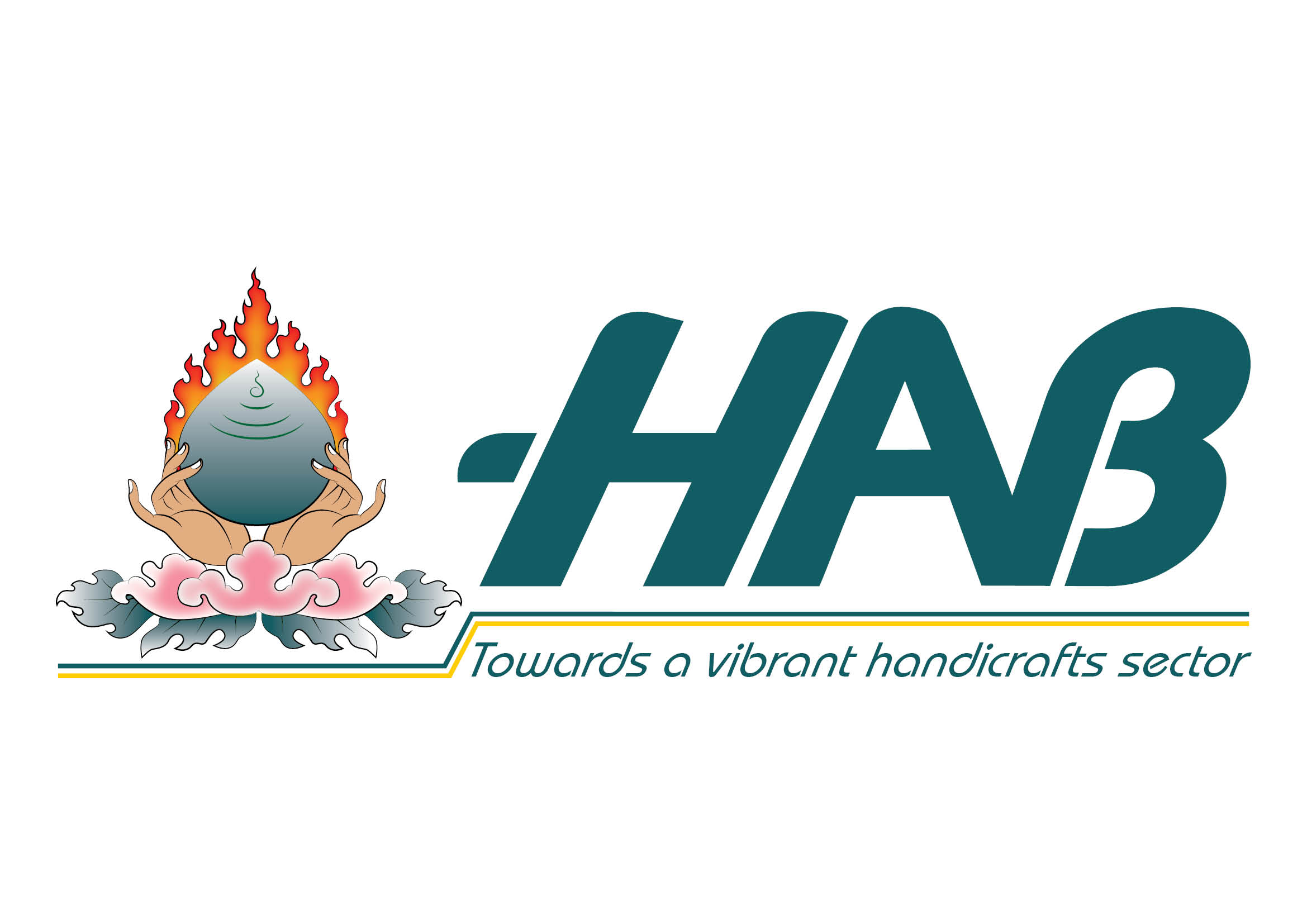June 14 – 17, 2025 Trashiyangtse Town, Eastern Bhutan
The Handicrafts Association of Bhutan (HAB), with support from the Trashiyangtse Dzongkhag Administration and in collaboration with project partners— Association of Bhutanese Tour Operators (ABTO), Bhutan Association of Women Entrepreneurs (BAOWE), Bhutan Chamber of Commerce and Industry (BCCI), Hotel and Restaurant Association of Bhutan (HRAB), SAARC Association of Homebased Workers (SABAH Bhutan); international partner European Association for Local Democracy (ALDA) and associate project partners Automobile Sector Association of Bhutan (ASAB) and Association of Bhutanese Cottage, Small and Medium Industries (ABCSMI), successfully conducted a four-day regional workshop in Trashiyangtse town from June 14 – 17, 2025. The workshop was held under the Voice for Green Change Partnership (V4GCP) project, funded by the European Union (EU).

Dasho Dzongrab of Trashiyangtse graced both the opening and closing sessions of the workshop, lending his esteemed presence and support to the initiative.

The workshop brought together representatives from six eastern Dzongkhags—Trashiyangtse, Lhuentse, Mongar, Pemagatshel, Samdrup Jongkhar, and Trashigang—including Economic Development and Marketing Officers (EDMOs), Dzongkhag Planning Officers, Thromde Thuemis, Gewog Administrative Officers (GAOs), Dzongkhag Business Development Committees (DBDCs), BCCI Regional Secretaries, locals representing cottage and small industries (CSI).
Day 1 began with welcome remarks and a presentation of the V4GCP project’s goals and structure. The agenda focused on identifying challenges in green and sustainable enterprise development. Stakeholders shared expectations, mapped out regulatory and operational hurdles, and participated in a “World Café” session to propose solutions. CSO and association partners presented their roles in supporting CSIs. The day concluded with presentations from stakeholder groups.

Day 2 focused on governance pathways to channel CSI needs. Presentations were delivered on the Dzongkhag Economic Development Committee (DEDC), Dzongkhag Tshogdu, Gewog Tshogde, Thromde Tshogde, BCCI’s DBDC, and parliamentary support mechanisms. The interactive “Spider Game” allowed participants to directly voice needs to decision-makers, promoting mutual understanding and accountability. Group work followed to connect needs to existing institutional resources.

Day 3 explored capacity-building and stakeholder coordination. Participants engaged in activities designed to enhance communication and strategy-building. Training Needs Assessment was conducted, followed by planning exercises and discussions on improving horizontal and vertical collaboration among CSIs, local authorities, and sector associations.
Day 4 concluded with a focus on local economic development planning and field engagement. The Dzongkhag Planning Officer presented Trashiyangtse’s Economic Development Plan, and the Department of Industry shared highlights from the 2024 Industry Census and new informal sector support guidelines. A combined formal and informal evaluation of the workshop was conducted. The closing ceremony included reflections from local business leaders, international partners, and participants. Field visits to local CSIs followed in the afternoon, encouraging direct engagement and practical insights.

The workshop reaffirmed the importance of locally driven economic strategies, empowered governance mechanisms, and inclusive policy processes. HAB and its partners remain committed to supporting the growth of CSIs across Bhutan through capacity development, policy advocacy, and multi-stakeholder collaboration

